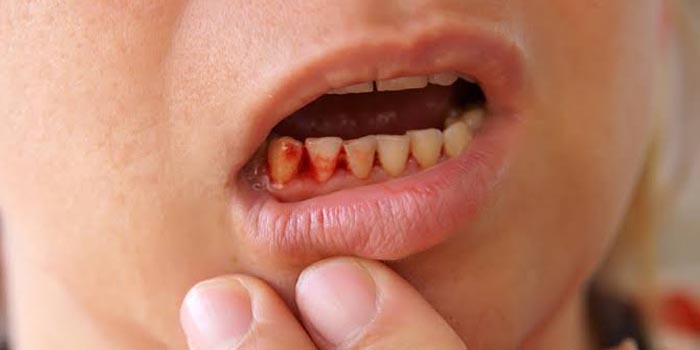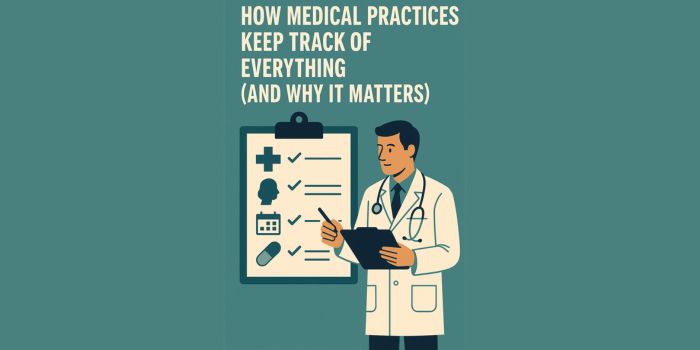Introduction
Is your toothache killing you? We feel your pain – that throbbing ache would debilitate the Terminator. Getting it fixed as fast as possible is the only real way to stop the pain. But do you go to an emergency dentist or wait to see your regular dentist?
In this post, we’ll discuss what to do about a dental emergency. We’ll explain what a dental emergency is and what an emergency dentist does. We’ll also cover how your emergency dental visit should work. Read on to find out more.
Dental Emergencies
The term “emergency” means different things to different people. If your toothache isn’t due to one of the reasons listed below, it probably doesn’t require emergency care. And, while it’s convenient to make use of the emergency service, it’s not right to abuse it.
What Needs Urgent Attention?
Dentists consider the following emergencies:
- Serious injuries to the face, mouth, gums, or teeth
- Severe infection
- Severe Abscesses
- Losing a crown
Other Injuries That Could Qualify
- Crippling pain after a treatment
- Injuries to the lips, tongue, and cheeks
- A blow to the teeth causing severe pain
- Fractured teeth, chipped teeth, or a lost tooth
- Facial pain
Be Guided By Your Pain Levels
We’re not recommending that you soldier on in pain and agony. But, if the injury is not severe and OTC painkillers work, maybe you can wait a day or so.
Dental Emergency Visit
It’s a good idea to keep a note of your dentist’s emergency number. If they don’t offer this service, research some other dentists in the area. Take note of one or two that are promising and research them. That way, if your regular dentist isn’t available, you have a backup option.
Some conditions, like an abscess, require urgent treatment. If not treated, the infection could spread. If it infects the surrounding tissues, it can cause severe complications. These kinds of conditions warrant immediate treatment.
If you’re going to a practice that you’ve never been to before, take along:
- Proof of ID
- Your medical insurance card
- A list of the current medications you’re on
The dentist will give you a full examination. He will then prescribe his treatment course. If he can’t treat it immediately because you have an infection, he’ll prescribe painkillers, anti-inflammatory drugs, and antibiotics.
If you have an abscess, for example, you’d see him. When the infection has cleared, you can go back to your regular dentist for treatment.
Conclusion : In closing, we hope this has helped clarify what a dental emergency is. When it comes to assessing your situation, look at it this way: If people abuse the dental emergency service, then it might not be there when you need it.
That said, if your injuries are serious or causing you severe pain, then get to an emergency dentist. With things like loose teeth, time is a critical factor.
If you’re not sure, call the dentist and ask for advice. They’ll let you know if they think you need to come in urgently. Always put good dental health first. Visit Rockingham Dental Centre to learn more about other services.




